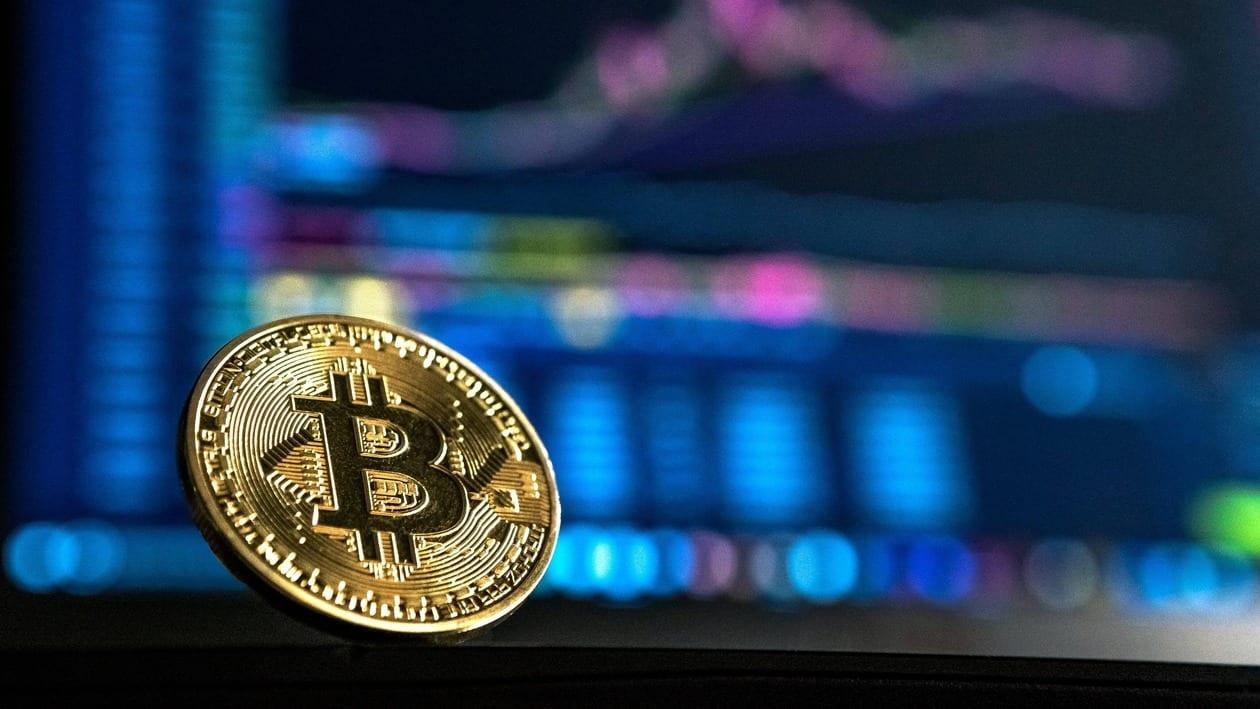Financial Stability Board recently finalised a comprehensive global regulatory framework for crypto assets. It is seen as a significant step towards introducing a set of regulations for digital currencies, stable coins, and crypto assets in general.
The guiding principle of much-awaited regulations is ‘same activity, same risk and same regulation’. This is aimed to promote fairness, and to reduce regulatory arbitrage at the same time.
The regulatory framework states that crypto assets embody a set of novel features and specific risks that must be taken into account while addressing potential financial stability arising out of linkages between crypto ecosystem and traditional financial system.
In view of the global nature of crypto assets, FSB also emphasised the importance of cross-border cooperation, coordination and information sharing among regulatory authorities.
There are enhanced regulatory standards for Stablecoins that pose significant risks to financial stability.
A balanced approach
The Financial Stability Board (FSB) report is being lauded for adopting an overall balanced approach to establishing a comprehensive regulatory framework.
“CoinDCX also made a submission to the FSB first consultation paper last year, and many of our comments were incorporated in the final recommendations. The FSB’s high level regulatory framework now specifically emphasizes the adoption of principles such as same activity, same risk, same regulation, high level and flexible and tech neutrality. It also talks about cooperation and coordination within authorities to foster information sharing and encourages consistency of regulatory and supervisory outcomes,” says Sumit Gupta, CEO and Co-Founder, CoinDCX.
Gaurav Mehta, founder & CEO of Catax — a crypto tax software company — says, “By prioritizing customer protection and regulatory compliance, the industry will see enhanced confidence, better risk management, and sustainable growth in the digital asset landscape. Currently, Indian customer funds are either managed by exchanges themselves or held by overseas custody service providers, operating outside the purview of Indian laws. Decoupling these critical functions, separating custody and exchange services, will contribute to the overall maturation of the financial ecosystem.”
“Indeed, restricting exchanges to focus on price discovery and implementing rigorous KYC measures will significantly reduce risks for all participants in the financial ecosystem,” he adds.
Financial stability
Some, however, believe that there is a need for recommendations from other bodies within G20 since the current ones only focus on financial stability.
“The FSB’s global regulatory framework for crypto-asset activities presented to G20 is an important milestone towards the development of a comprehensive and coherent global regulatory framework that supports responsible innovation. However, the recommendations from the FSB report focus on just financial stability,” Ashish Singhal, Co-founder and CEO, CoinSwitch says.
“We look forward to the recommendations from other bodies within G20, for their inputs around areas such as investor protection, cyber security, and AML/CTF. The IMF-FSB synthesis paper which will support a coordinated and comprehensive policy approach to crypto-assets in September, will be another major development,” he adds.
